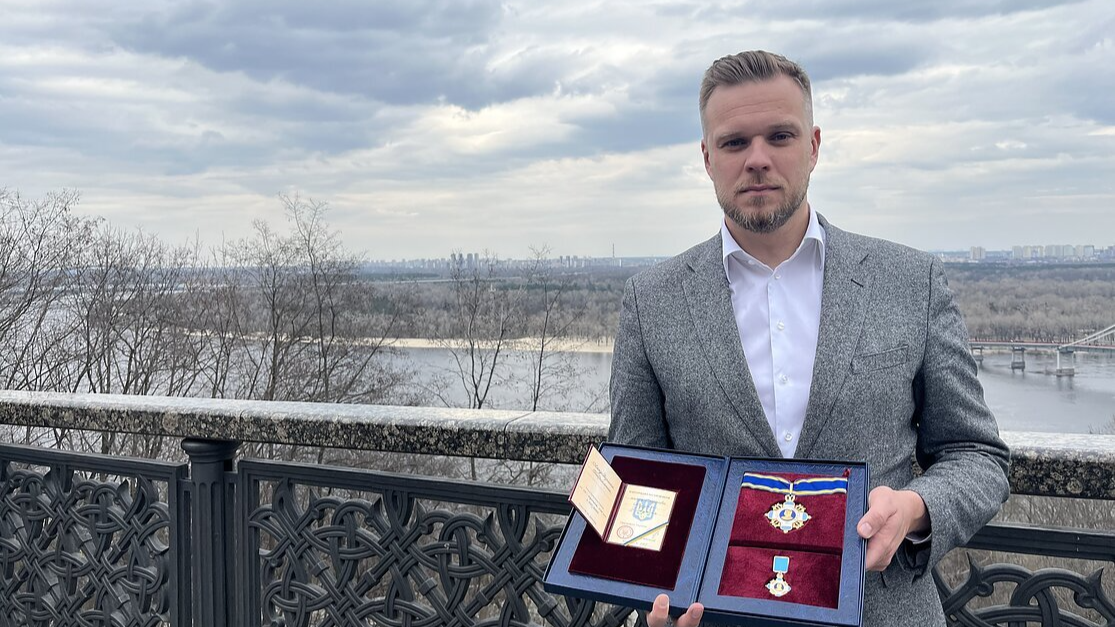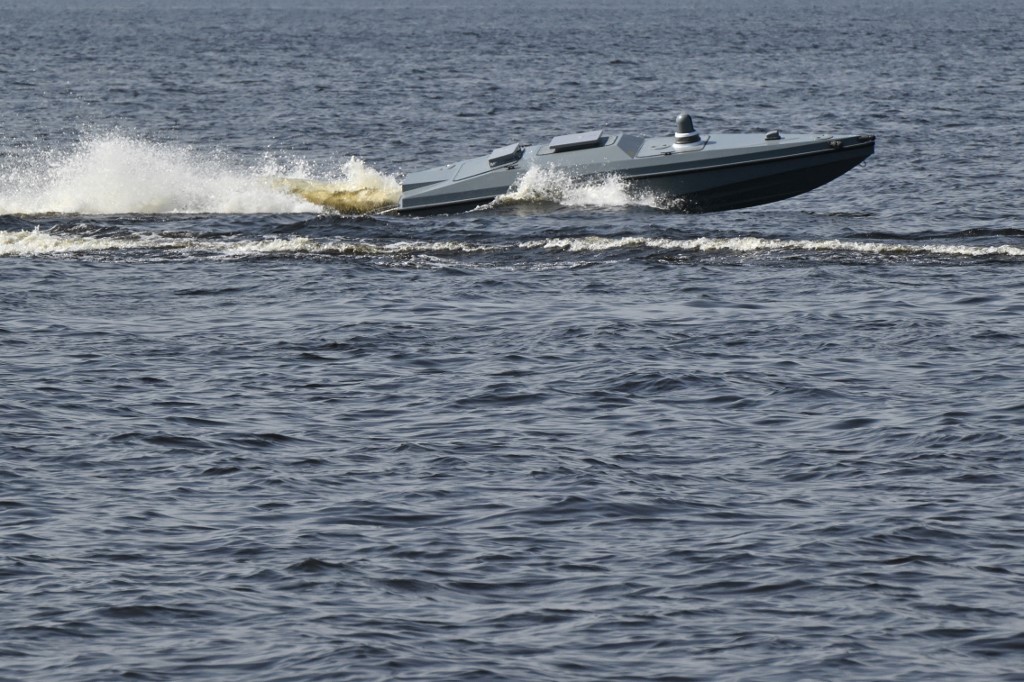US President-Elect Donald Trump on Tuesday selected Florida congressman Mike Waltz to serve as his national security adviser in 2025, perhaps the most influential role in US government outside of the President when it comes to crafting foreign policy.
Waltz, a former Green Beret and decorated combat veteran, was described by Trump as “a nationally recognized leader in national security” and “an expert on the threats posed by China, Russia, Iran, and global terrorism.” He has been called “hawkish” on China but received a “poor” grade on the report card from the group “GOP for Ukraine” after voting down two proposed appropriations for Kyiv in 2024 and voicing approval for several Ukraine-aid measures in 2022 and 2023.
Waltz sits on the House of Representatives Foreign Affairs Committee, Permanent Select Committee on Intelligence, and its Subcommittee on Strategic Forces, which oversees nuclear weapons, ballistic missile defense, and national security space programs.
Much has been made of Trump’s expected selection of Florida Senator Marco Rubio as Secretary of State this week, but that position, while certainly the most visible among American allies and other foreign leaders, has very little if any input on the actual decisions made on US foreign aid or military support. The National Security Adviser is the president’s right-hand man on those issues.

Ukrainian Partisans Obtain Personal Data of Russian Troops From Tambov Unit
Article Two of the US Constitution grants several powers of foreign policy decisions to the President, anointing him or her as the military’s Commander-in-Chief affords the discretion to negotiate treaties (which must then be ratified in the Senate), to draw down a certain amount of foreign aid without the approval of Congress, and to appoint ambassadors, with the Secretary of State overseeing those chiefs-of-mission and generally communicating American foreign policy abroad.
While the Constitution does not require legislative approval to select the National Security Adviser, Congress does have an important role to play in crafting US foreign policy. Among other things, the Constitution gives the legislature the power to approve the president’s picks for Secretary of State and individual ambassadors, the power to declare war, to approve or reject mass deployment of troops (instituted in the Vietnam War era), and other important functions such as approving or rejecting the President’s treaties, and creating other policy such as sanctions and, perhaps most importantly for Ukraine, the allocation of foreign aid.
For example, Waltz co-sponsored a bipartisan bill in the House of Representatives in September, along with Florida Democrat Debbie Wasserman Schultz, slapping additional sanctions on Venezuela. It was called the Banning Operations and Leases with Illegitimate Venezuelan Authoritarian Regime (BOLIVAR) Act, prohibiting the US government from contracting with any person who has business operations with the current regime in Caracas.
“Venezuela is in crisis due to the authoritarian rule and Marxist policies of Nicolas Maduro,” said Waltz when the bill was sent to a vote on the House floor. “The regime has tampered with the recent Presidential election, falsely declaring victory... The United States must demonstrate solidarity with the brave democratic opposition in Venezuela as they try to chart a new way forward.”
“When it comes to Ukraine, what’s the strategy?”
According to his website, Waltz graduated from the Virginia Military Institute and served 27 years in the US Army and National Guard, retiring during his second term in Congress. As a Green Beret officer, he had multiple combat tours in Afghanistan, the Middle East, and Africa, and was awarded four Bronze Stars. He represents the very conservative rural district around Ocala, FL.
The “Green Berets” as the US Special Forces are familiarly known are an elite branch of the US Army whose missions include: “counter-terrorism, direct action, foreign internal defense, intelligence gathering, and unconventional warfare... [Duties include] training, resource management, mission and logistics planning, and working with US and foreign government agencies,” according to the official Go.Army website.
The “Green Berets” acquired their colloquial name from their headgear, worn in both combat and formal dress uniforms, and were made famous in John Wayne’s 1968 film and in Sylvester Stallone’s “Rambo” franchise beginning in the 1980s.
Waltz most recently clarified his position on Ukraine this fall, stating, “When it does come to Ukraine, what’s the strategy?... I just left a closed-door meeting, and even behind closed doors we cannot get a clear articulation of where this is all going, how many times will they have to come back to the American people to ask for money, and how do we get out of this stalemate in Ukraine that Biden’s dithering has backed us into? So border, strategy, before you just talk about blank checks from the American people…”
The Pentagon is in dire need of REAL reform.
— Rep. Mike Waltz (@michaelgwaltz) November 9, 2024
Cost overruns, delays, and ZERO accountability has become the norm, and that whole culture needs to change.
Our soldiers, sailors, Marines and airmen deserve better! pic.twitter.com/pbNBkuDh5X
Kyiv’s human-rights leader warns that about 20,000 deported children still unaccounted for in Russia
According to an interview on Radio Liberty with Dmytro Lubinets, Ukraine’s Parliamentary Commissioner for Human Rights, Ukraine has repatriated 1,002 children from Russia and occupied territories of Ukraine, but Moscow has forcibly relocated almost 20,000 Ukrainian children in all, he said.
“They provide no information about Ukrainian children,” Lubinets said about the Kremlin. “There are 1.5 million Ukrainian children living in temporarily occupied territories. How many of them have already been deported? We can only assume... but I am convinced that the number of children deported by the Russian Federation will continue to rise.”
Kyiv news outlet Ukrainska Pravda explained that Lubinets met with Russian Commissioner Tatyana Moskalkova in Belarus last week. The state news agency said that they exchanged lists of prisoners of war and established a “new format” for communication about the POWs, and went on to say that Lubinets emphasized that Russia is “deliberately delaying” the process of returning Ukrainian children.
The return of Ukrainian children is a priority in the European Parliament today. I urged the EU to create a body to oversee their return, gather information, support rehabilitation, and hold perpetrators accountable. Europe must protect these children under international law. pic.twitter.com/arLBz3UPxf
— Dmytro Lubinets (@lubinetzs) November 12, 2024
Russian drone strikes in Sumy region leave another town without heat
On Tuesday, Moscow’s forces launched an air strike on energy infrastructure facilities in the Sumy region, leaving communities there without heat as winter approaches.
According to the Sumy Regional Military Administration, “Today, on November 12, the enemy launched an air strike on critical infrastructure facilities of the Shostka community using Shahed UAVs. In particular, there is currently no heat supply in the city of Shostka.”
The Sumy region lies on the Ukrainian side of the border across from the Russian region of Kursk, which is the site of a months-long incursion by the Armed Forces of Ukraine (AFU), and a failing counteroffensive by Russian troops who have enlisted he soldiers of North Korean troops there.
State news agency Ukrinform reported that Russian troops shelled the border communities of the Sumy region 16 times overnight on Nov.12. As many as 16 explosions were recorded.
You can also highlight the text and press Ctrl + Enter









